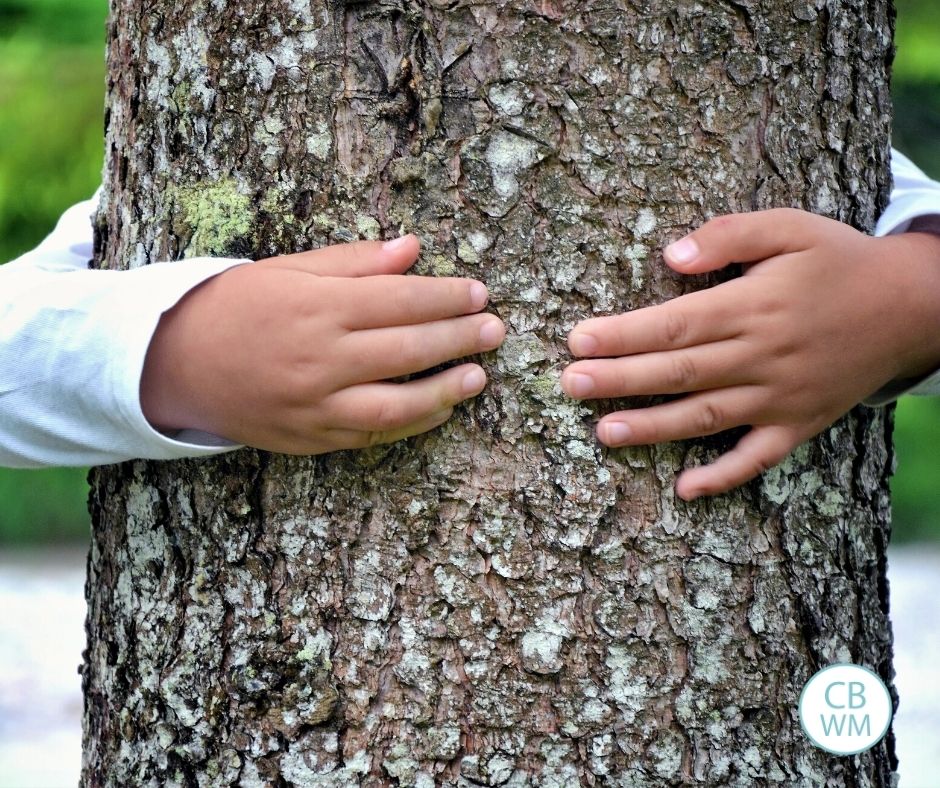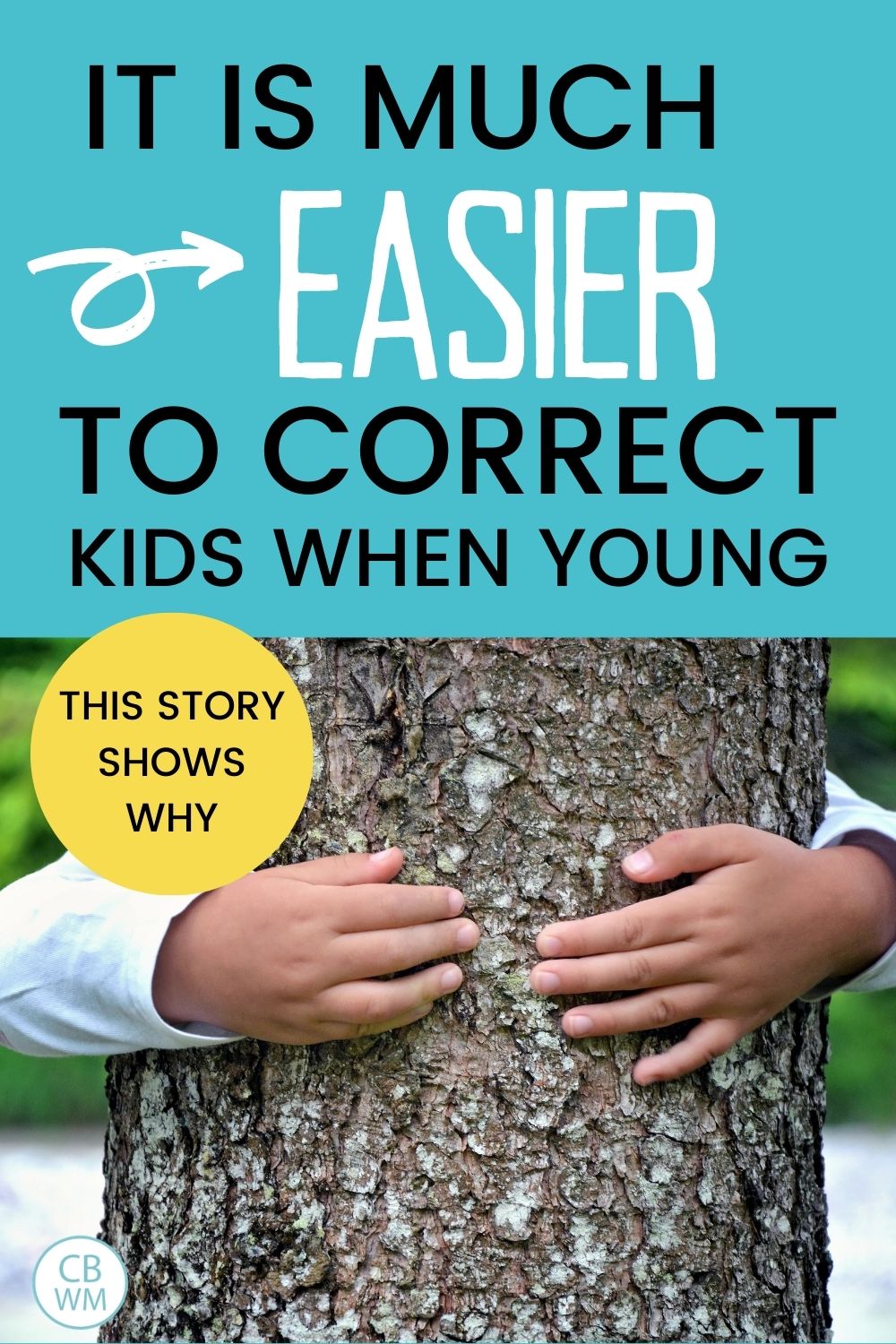Teaching a child while young is much easier than trying to correct and fix things when they are older. This story illustrates why.

I am someone who believes in the creation, and as such, I believe you can learn a lot about life by studying nature. I recently was reading this story told by Gordon B. Hinckley. It is a story I have read many times:
“Not long after we were married, we built our first home. We had very little money. I did much of the work myself. … The landscaping was entirely my responsibility. The first of many trees that I planted was a thornless honey locust. … It was only a wisp of a tree, perhaps three-quarters of an inch in diameter. It was so supple that I could bend it with ease in any direction. I paid little attention to it as the years passed.
“Then one winter day, when the tree was barren of leaves, I chanced to look out the window at it. I noticed that it was leaning to the west, misshapen and out of balance. I could scarcely believe it. I went out and braced myself against it as if to push it upright. But the trunk was now nearly a foot in diameter. My strength was as nothing against it. …
“When it was first planted, a piece of string would have held it in place against the forces of the wind. I could have and should have supplied that string with ever so little effort. But I did not, and it bent to the forces that came against it” (Teachings of Gordon B. Hinckley [1997], 419–20).
I think this story is a perfect illustration as to why we teach our children when they are young.
With very little effort (comparatively), we can guide them to grow in the right direction. Something as small as a string helps them grow the correct way.
But if you wait until the tree is older and larger, the task of helping it grow straight becomes significantly more difficult.
The lesson here is simple. If you teach a child while young, you can help direct him to grow in the direction you want him to. The effort is as small as a string. If you wait several years, it might be an effort beyond your strength.
This is why we teach children while they are young. We teach them now because they are growing now. They are forming habits now. They are becoming their own person now.
Related Posts
- Parent’s Example will Trump All Else
- Purposes of Parenting
- 4 Important Ways You Can Be a Mindful Parent
- Discipline 101: The basics of correcting children


can't agree more…whenever i see an action/behaviour that disturbs me, i'd ask myself: do i want this action/behaviour to continue into pre-school and childhood etc… and if the answer is 'no', i'd correct it there and then.constant vigilance!
Great post and great reminder!
I just listened to NPR's Planet Money podcast about preschool. They said that research supports the theory that there is a window in a child's life when he or she can learn certain "soft skills" like sharing, waiting, and empathy. Once beyond the window, it seems to be too late. And these skills are amazingly valuable.
Thanks everyone!
I have not started disciplining/training my son because he is only 6.5 months, but in a couple months, he will be crawling and the training will begin! So my question is this: did you only use "no" and "don't touch" and isolation as training, or did you use a hand spank as well while they were that young? My parents spanked me and my siblings, and I am planning on it with my kids, but what is your take on it while they are still under 1? I am trying to plan ahead and be prepared for when the day comes! Thanks for your input!
Hannah, I did not do any sort of spanking at that age. However, we don't at all so I don't know if I am the best resource on that 🙂 BW II does say spanking is not appropriate for that age, but they do suggest light hand-squeeze. You will have to read that for more on it.